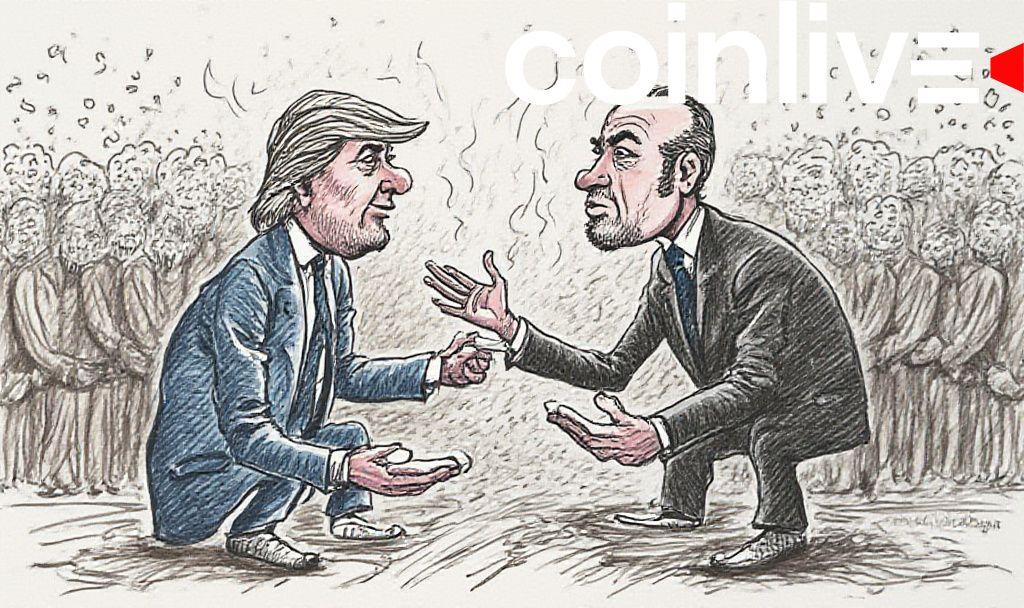- Main event: tariff extension, leadership dialogue, economic impacts.
- Tariffs scheduled for July 9, 2025.
- Potential economic repercussions for EU and U.S. trade.

Lede: U.S. President Donald Trump announced the extension of the 50% tariff implementation on EU goods until July 9, 2025, following discussions with European Commission President Ursula von der Leyen.
Nut Graph: The extension reflects heightened U.S.-EU trade tensions, prompting economic negotiations while potentially impacting global trade dynamics.
The recent announcement by Donald Trump marked a crucial stage in ongoing trade tensions with the European Union. Trump’s decision extends the potential 50% tariff on EU goods until July 2025, aiming for renewed negotiation efforts. U.S. Trade Representative on European Union trade relations
The discussions involve Donald Trump and Ursula von der Leyen, highlighting a commitment to address trade challenges. “Had a good call with President Trump. Europe is ready to advance talks swiftly and decisively,” remarked von der Leyen. Both leaders aim for swift and decisive talks to resolve these economic tensions.
The tariff extension may influence industries reliant on transatlantic trade. Affected sectors include automotive, agriculture, and luxury goods, heightening economic uncertainty in both the U.S. and EU.
Political implications are significant as the United States and the European Commission seek to avoid a trade war that could ripple across global markets. Trade negotiations remain a priority for both sides.
Tensions could lead to reciprocal tariffs by the European Union if negotiations falter. Such measures might trigger broader trade policy shifts globally.
Historical data from past tariff disputes suggest possible market volatility and temporary economic discrepancies. Similar events have not directly impacted cryptocurrency markets, although recent policy adjustments could provide speculative opportunities.







